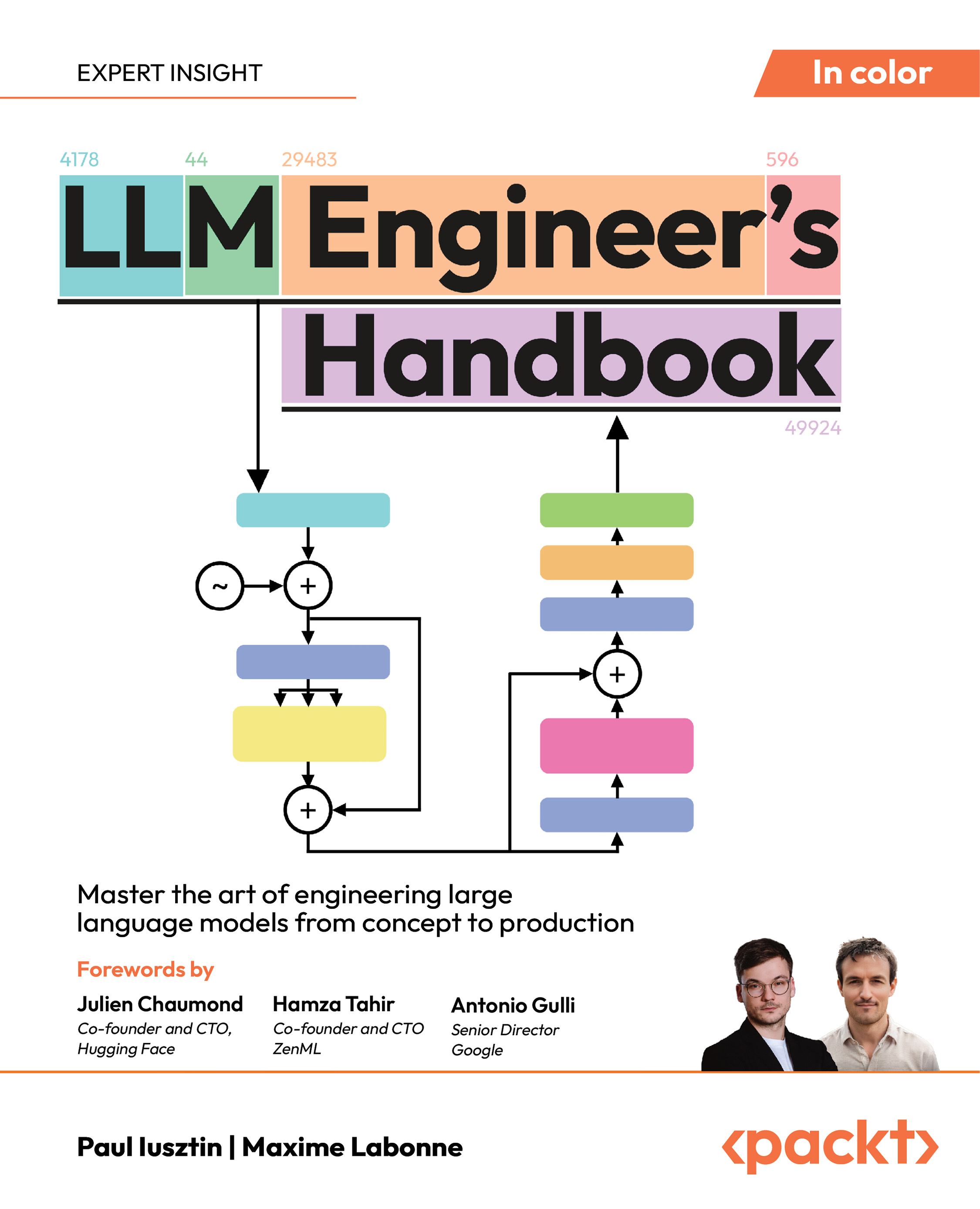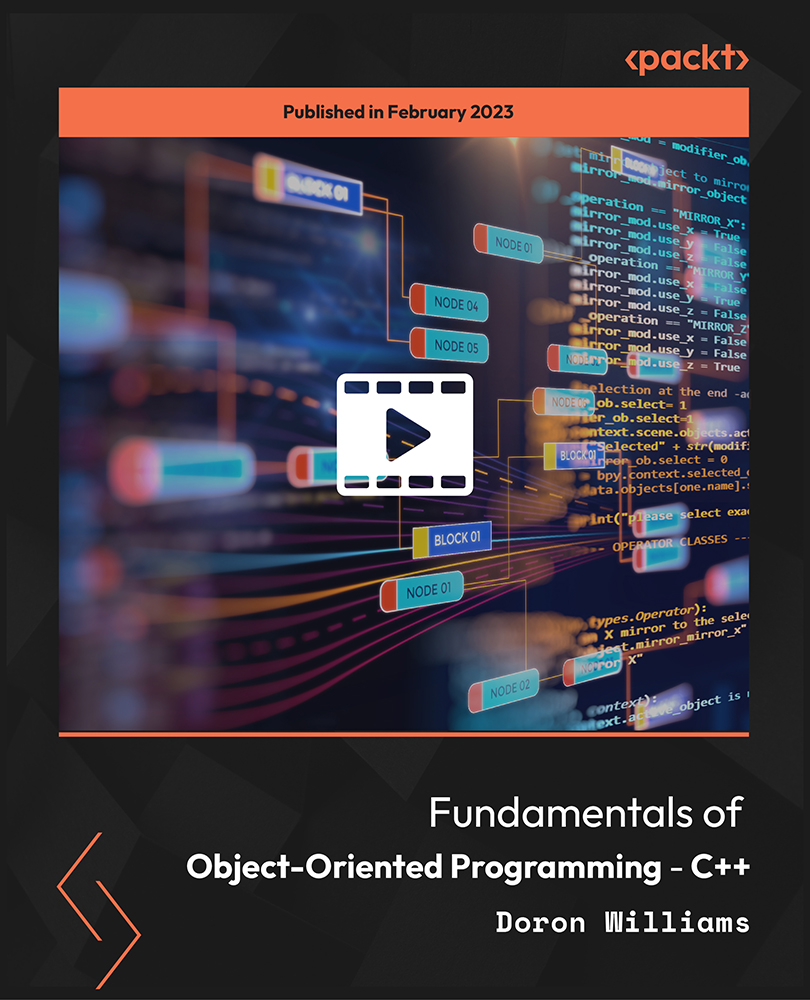Tech companies are no longer comfortable storing their data in Australia after due to their strict encryption laws, warned Microsoft president Brad Smith. Brad Smith was a speaker at the Committee for Economic Development of Australia event in Canberra which took place on Wednesday.
In December, Australia passed a rushed assistance and access bill which allows Australian police and government the powers to issue technical notices. This law requires tech companies to help law enforcement agencies break into individuals’ encrypted data. Using secret warrants, the government can even compel a company to serve malware remotely to the target’s device.
Microsoft has expressed concerns storing their data in Australia saying Microsoft’s operations in Australia remain unchanged, but the company is worried about the law’s “potential consequences”.
Smith said that Australia had “emerged as a country where companies and governments were comfortable” with storing data, a boon to the tech sector and the economy.” “But when I travel to other countries I hear companies and governments say ‘we are no longer comfortable putting our data in Australia’, he added. “So they are asking us to build more data centers in other countries, and we’ll have to sort through those issues.”
Smith said that the bill was written to protect companies from introducing a "systemic weakness" to their platforms, but this is not well defined. After a deal between the Coalition and Labor, a definition was added, but the phrasing is unclear and has left the industry unsure how to interpret it.
Per Smith, “There is this wonderful phrase about enabling companies to avoid creating a systemic weakness but that phrase is not defined," he said. "Until it is defined I think people will worry and we will be among those who will worry because we do feel it is vitally important we protect our customer's privacy."
“We will have to sort through those issues but if I were an Australian who wanted to advance the Australian technology economy, I would want to address that and put the minds of other like-minded governments at ease," he added.
Since its induction, the assistance and access bill has been slammed by many. Those condemning include, Protonmail, a Swiss-based end-to-end email encryption company, and Australia’s email provider, FastMail, who reported that they are losing their customers following the bill.
In a similar resistance yesterday, Atlassian co-founder Scott Farquhar, said that Australian the legislation is putting the Australian technology industry in a “chokehold,” creating uncertainty and putting jobs at risk. He also called on the federal government to keep its promise and revisit the bill.
FastMail expresses issues with Australia’s Assistance and Access bill
Australia’s Assistance and Access (A&A) bill, popularly known as the anti-encryption law, opposed by many in the tech community
Australian intelligence and law enforcement agencies already issued notices under the ‘Assistance and Access’ act despite opposition from industry groups
Unlock access to the largest independent learning library in Tech for FREE!
Get unlimited access to 7500+ expert-authored eBooks and video courses covering every tech area you can think of.
Renews at $19.99/month. Cancel anytime
 United States
United States
 Great Britain
Great Britain
 India
India
 Germany
Germany
 France
France
 Canada
Canada
 Russia
Russia
 Spain
Spain
 Brazil
Brazil
 Australia
Australia
 Singapore
Singapore
 Canary Islands
Canary Islands
 Hungary
Hungary
 Ukraine
Ukraine
 Luxembourg
Luxembourg
 Estonia
Estonia
 Lithuania
Lithuania
 South Korea
South Korea
 Turkey
Turkey
 Switzerland
Switzerland
 Colombia
Colombia
 Taiwan
Taiwan
 Chile
Chile
 Norway
Norway
 Ecuador
Ecuador
 Indonesia
Indonesia
 New Zealand
New Zealand
 Cyprus
Cyprus
 Denmark
Denmark
 Finland
Finland
 Poland
Poland
 Malta
Malta
 Czechia
Czechia
 Austria
Austria
 Sweden
Sweden
 Italy
Italy
 Egypt
Egypt
 Belgium
Belgium
 Portugal
Portugal
 Slovenia
Slovenia
 Ireland
Ireland
 Romania
Romania
 Greece
Greece
 Argentina
Argentina
 Netherlands
Netherlands
 Bulgaria
Bulgaria
 Latvia
Latvia
 South Africa
South Africa
 Malaysia
Malaysia
 Japan
Japan
 Slovakia
Slovakia
 Philippines
Philippines
 Mexico
Mexico
 Thailand
Thailand














